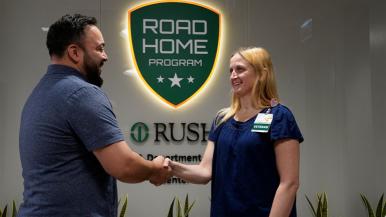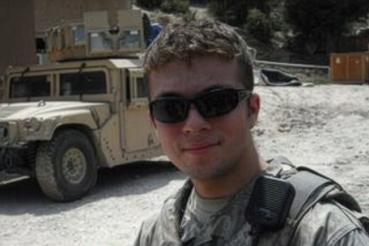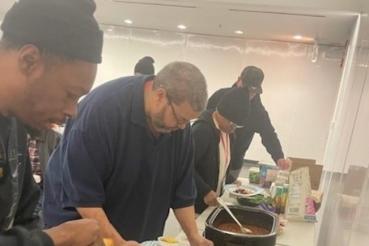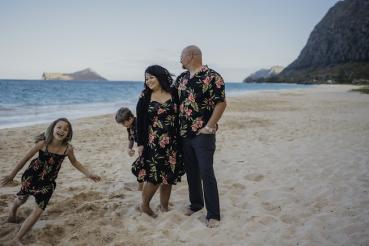Since launching in 2014, the Road Home Program has been dedicated to breaking down the financial, logistical and even cultural barriers many veterans face to receiving evidence-based mental health care. Recognizing that the months- or years-long time commitment of existing treatment programs was one of the biggest barriers to veterans in need of support, the Intensive Outpatient Program, or IOP, was created to help veterans experiencing PTSD make significant improvements within just two weeks of rigorous therapy and skill-building.
To further break down barriers, philanthropic support allows the Road Home Program to integrate families into the program and provide accommodations — travel, housing, meals and more — to IOP participants at no cost. Whether it’s coordinating child care, welcoming service animals or helping clients secure short-term disability benefits, our dedicated team works behind the scenes to remove all obstacles that may exist between the services we provide and the care veterans deserve.
Rebecca Risley
U.S. Navy
Veteran Administrative Assistant
I served in the U.S. Navy for 22 years and consider the veterans we treat an extension of my family. Though we sometimes tease one another about our service in the different branches of the military, I try to go above and beyond for them. I hope that if I had the courage to come to a program like this, someone would do that for me.
Once a veteran is accepted, I work to remove all possible barriers to getting them here for treatment. I partner with them to arrange transportation, lodging, food and other accommodations. It’s a mix between hospitality and logistics. Travel is stressful already, even if you haven’t experienced trauma, so we do all we can to make it safe, comfortable and welcoming. I greet the veterans with a smile when they arrive on Sundays before a new cohort begins and have the coffee ready when they walk in Monday morning.
Serving multiple deployments and on ships with 5,500 other people taught me a lot about tolerance and patience. When our clients first get here, they’re often anxious and stressed. Taking care of the little things — from a replacement phone charger to distilled water for a CPAP machine — means so much and helps them stay focused on building their skills in the program.
Modie Lavin
U.S. Marine Corps Gold Star Mother
Senior Family Outreach Coordinator
I lost my son, Cpl. Conner T. Lowry, U.S. Marine Corps, in March 2012 while he was on duty in Afghanistan. Understandably, it changed my life forever. People often say, “I can’t believe you’re doing the kind of work you do with veterans after all that you’ve been through.” I tell them it came organically and from the heart. I wanted to honor my son.
After I met the Marines deployed with my Conner, I realized I wasn't the only one suffering from deep grief and loss. Except I was here. They were there. I wanted to do more and have been engaged with the Road Home Program from almost the very beginning.
In my outreach to veterans and families, one of the most challenging barriers to break down is a lack of trust. A lot of veterans who stand to benefit from the specialized services we provide are wary because they have not had good experiences at other institutions. I share my story to build trust. They understand I wouldn't be doing this work if I didn't care. Plus, with the Road Home Program's unique ability to provide care for veterans and their family members, transportation, housing, and other accommodations at no cost, I feel like I am offering the golden ticket to this community.
Brittany Hewing
Case Manager and Patient Care Navigator
I’m the main point of contact for clients before, during and after their course of treatment. We know that many veterans have experienced poorly coordinated care in the past, which can be a barrier to seeking services at the Road Home Program. So having one person to talk to and coach them through their experience makes it easier for clients.
A prime example is our signature IOP. There are several moving parts to the IOP intake process, but we work to make it as seamless as possible. I gather the information needed to register clients and provide clear explanations about next steps. I schedule them with an intake clinician, help obtain their medical records and — once they are accepted — connect them to our logistics specialists to plan their accommodations.
I’ve been in the mental health field for five years now, and what’s so rewarding about working at the Road Home Program is that it works. In my role, I observe our IOP participants through their entire journey, from their first interaction with us to our follow-up calls after they’ve returned home. You can really see the results in the veterans we serve.




